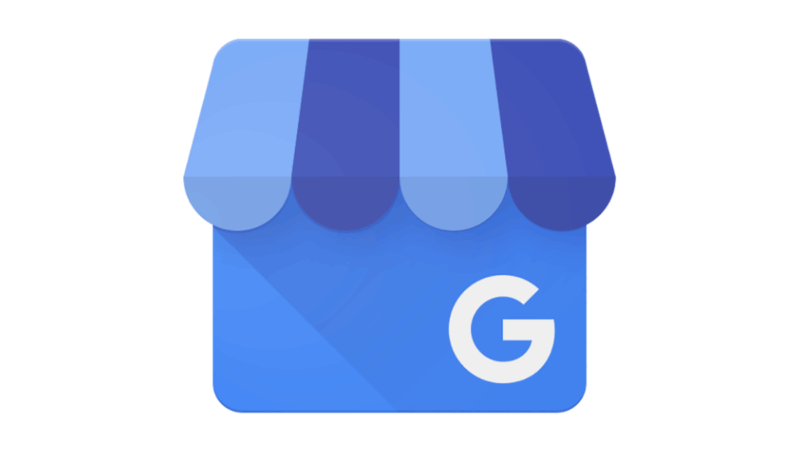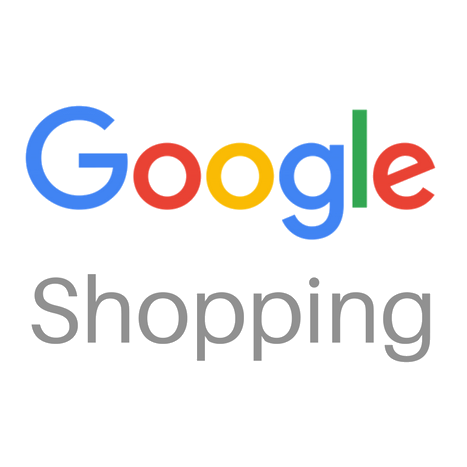How I Started Developing And Launching Shopify Apps
Note: This business is no longer running. It was started in 2020 and ended in 2024. Reason for closure: Shut down.
Hello! Who are you and what business did you start?
Hello my name is Mukul Verma and I run Mokool Apps and we have expanded to create apps for the Shopify App Store. We released our first Shopify app on May 1, 2020, which was Translate Pro.
Our customers are Shopify store owners who are looking to attract new customers and take their store internationally by relating to their customers in their local language. Our goal is to make it easy for store owners to relate to their customers in their native language and support them, resulting in making their store a success.
We are currently making $150 a month and our focus right now is on building the fundamentals for a huge business. In the first month Translate Pro was live we made many changes. These included adding a support software system, changing the onboarding from showing our simple features that solve problems, added analytics software, and much more which was not planned on launch. This all came from listening to our...



























